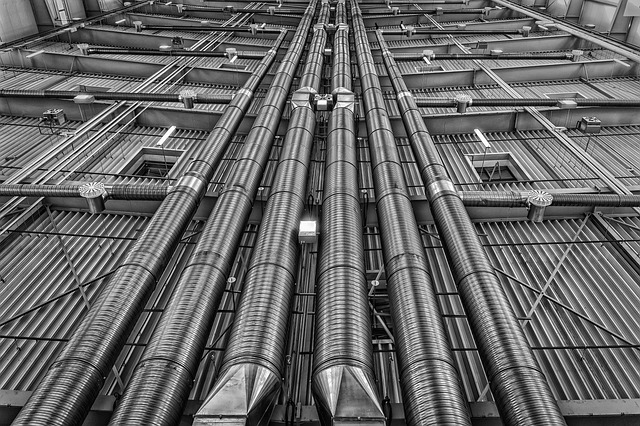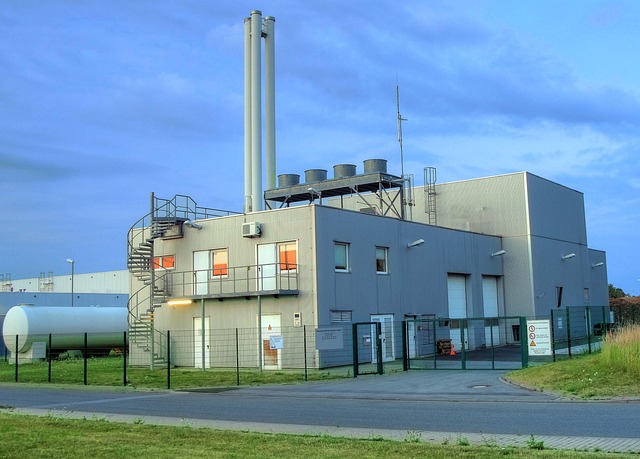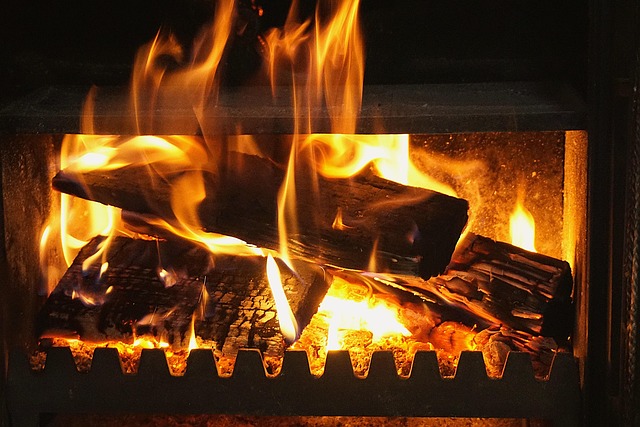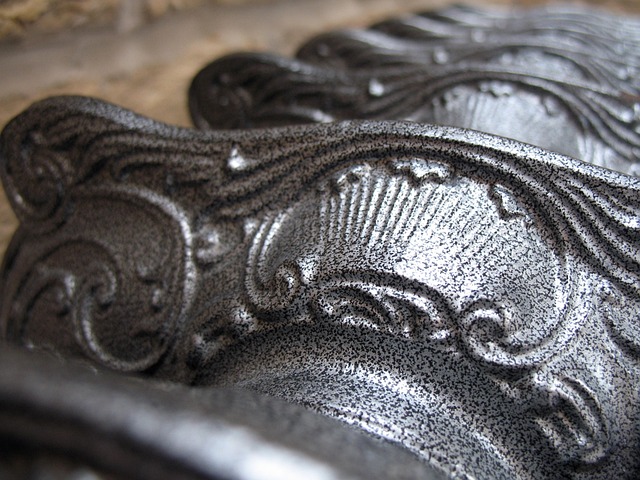Commercial unit heaters provide scalable heating solutions for businesses, offering various fuel types and BTU capacities for flexible space heating. Modular systems prioritize energy efficiency, saving floor space and reducing utility costs with suspended installation. These heaters adapt to expanding needs, enhancing comfort and indoor air quality in retail stores, offices, and more, with successful case studies demonstrating their versatility. Precise installation and regular maintenance ensure optimal performance and cost savings.
In today’s dynamic business landscape, maintaining comfortable indoor temperatures is non-negotiable. Commercial unit heaters play a pivotal role in ensuring productivity and safety across various facilities. This comprehensive guide explores the benefits of modular commercial unit heaters—a scalable solution for evolving facility needs. We delve into their key features, installation considerations, and real-world applications, equipping readers with insights to make informed decisions for efficient heating management. Discover how these versatile units adapt to your growing requirements.
- Understanding Commercial Unit Heaters: Basics and Benefits
- Key Features of Modular Heating Systems for Facilities
- Scalability: Adapting to Your Facility's Growing Needs
- Installation and Maintenance: Ensuring Efficient Operations
- Case Studies: Successful Implementations in Real-World Scenarios
Understanding Commercial Unit Heaters: Basics and Benefits

Commercial unit heaters are standalone heating solutions designed to efficiently heat specific areas within commercial buildings, including offices, retail spaces, and more. These heaters offer a range of benefits, making them a popular choice for businesses seeking effective space heating. One key advantage is their scalability; commercial unit heaters can be easily expanded or downsized based on changing facility needs, ensuring optimal energy usage.
These units often feature suspended installation, allowing for flexible placement and maximizing floor space. They come in various fuel types, such as natural gas fired or electric heating, each with its own advantages. The BTU capacity of these heaters directly correlates to their heating power, making it crucial for businesses to choose a unit that aligns with the desired space heating requirements. Moreover, many modern commercial unit heaters are designed with energy efficiency in mind, integrating with HVAC systems to reduce operational costs and minimize environmental impact.
Key Features of Modular Heating Systems for Facilities

Modular heating systems for facilities offer a range of key features that make them ideal solutions for commercial buildings, office heating, and retail spaces facing evolving space heating needs. These innovative systems are designed with scalability in mind, allowing businesses to effortlessly adapt their HVAC systems as their spaces expand or contract. One notable advantage is their flexible design, enabling suspended installation, which saves valuable floor space.
Whether powered by natural gas fired or electric heating, modular commercial unit heaters boast impressive BTU capacities, ensuring efficient and effective space heating. Their energy-efficient operation reduces utility bills while minimising environmental impact. By leveraging these advanced systems, businesses can enhance comfort for occupants, improve indoor air quality, and optimise overall facility management, all while maintaining a compact and streamlined footprint.
Scalability: Adapting to Your Facility's Growing Needs

Modular commercial unit heaters offer unparalleled scalability, ensuring your facility’s heating needs are met as it grows and evolves. This adaptability is particularly beneficial for businesses experiencing expansion or those designed with flexible layouts. With customizable configurations, these heaters can be seamlessly integrated into various spaces, from bustling retail stores to spacious office buildings.
Whether you require additional warmth for expanded floor plans or enhanced space heating during peak seasons, modular units provide a versatile solution. They are available in diverse BTU capacities, allowing for precise temperature control and efficient energy utilization. Moreover, their suspended installation options ensure unobstructed interior spaces, aligning seamlessly with modern architectural trends while accommodating the dynamic nature of commercial buildings.
Installation and Maintenance: Ensuring Efficient Operations

Installation and Maintenance play a pivotal role in ensuring the optimal performance of commercial unit heaters, especially when scalable for expanding facility needs. When installing commercial unit heaters, careful consideration must be given to factors like space dimensions, heating requirements, and access for maintenance. Proper suspension installation techniques are crucial to guarantee efficient air circulation and uniform temperature distribution across various types of commercial buildings, including offices and retail spaces.
Regular maintenance is equally vital for maintaining the efficiency and longevity of these units. For natural gas fired heaters, checking gas lines and ensuring proper fuel supply is essential. Electric heating systems require periodic inspection to prevent electrical faults. Balancing BTU capacity with space heating demands allows HVAC systems to operate energy-efficiently, contributing to cost savings and environmental sustainability in both new construction and facility expansion projects.
Case Studies: Successful Implementations in Real-World Scenarios

In the realm of commercial building management, effective space heating solutions are paramount for comfort and productivity. Case studies highlight successful implementations of modular commercial unit heaters in diverse scenarios, demonstrating their versatility and scalability. These heaters have been seamlessly integrated into office heating systems, retail spaces, and other commercial buildings alike, showcasing their adaptability to various environments.
One notable example involves a large retail space that experienced fluctuating occupancy levels. By employing a modular approach with suspended installation, the facility manager was able to install natural gas fired unit heaters that could be easily scaled up or down based on demand. This flexible solution not only ensured optimal comfort for employees and customers but also contributed to energy efficiency through precise control of BTU capacity. Moreover, electric heating options have been utilized in office buildings, leveraging HVAC systems to achieve energy-efficient space heating while catering to specific zone requirements.
Commercial unit heaters are a versatile solution for maintaining comfortable indoor environments, catering to various facility needs. The modular design and scalability of these systems make them an efficient choice for businesses looking to adapt their heating requirements as their facilities expand. By offering quick installation, easy maintenance, and proven performance, commercial unit heaters provide a reliable way to keep up with growing demands, ensuring optimal space temperature year-round.






